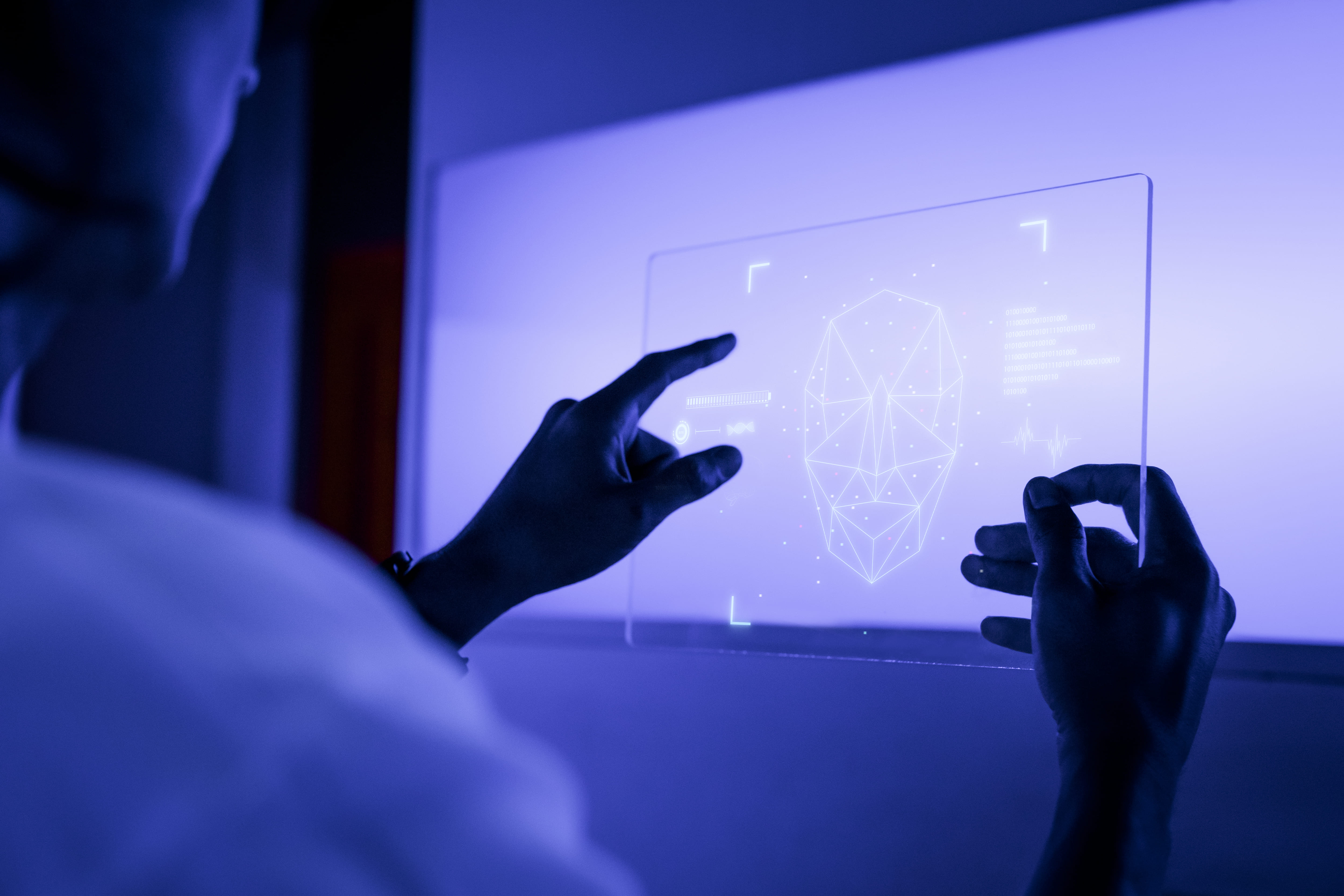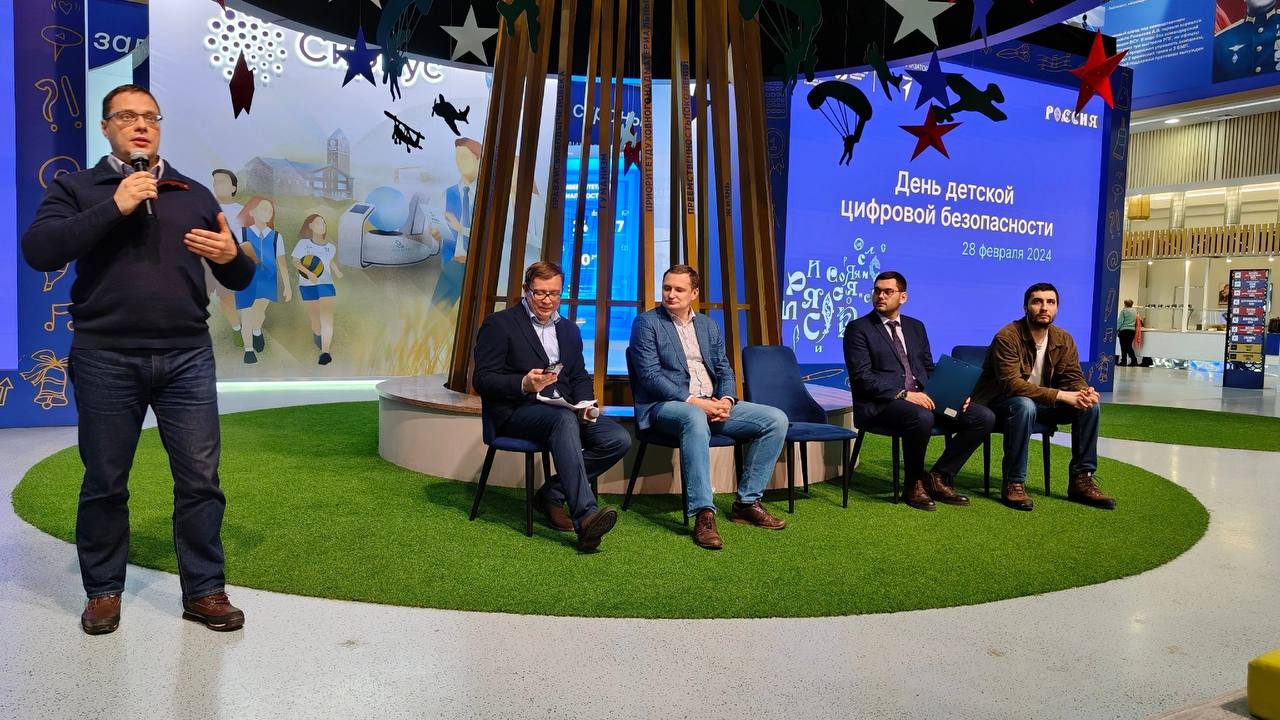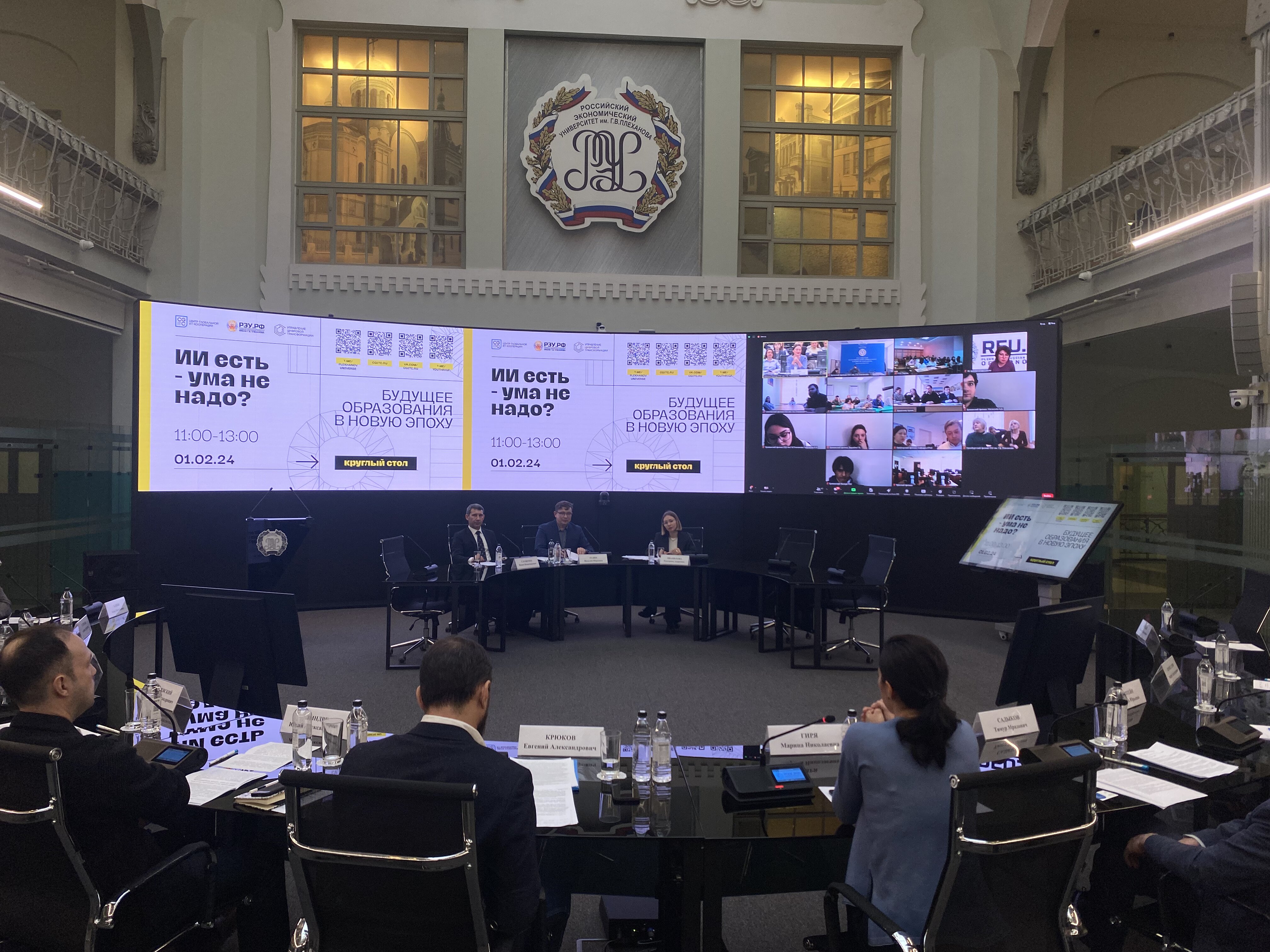Amid Western sanctions, Russian software developers began to shift their focus to exporting to African, Asian, and Middle Eastern countries, according to the RUSSOFT Association. And although the interest in European markets among Russian companies has waned, they are not ready to leave those completely.
To sell their software in Europe or the USA, some developers are now establishing legal entities in neutral countries.
Kommersant looked into the results of a survey carried out by the RUSSOFT Association from February till May 2022 among 171 Russian software companies with an aggregate turnover of approximately 100 billion rubles.
According to the survey results, in 2021, 5.3 % of domestic developers were planning to enter South Asian and East Asian markets, while in 2022, 9.6 % of them are. Russian companies are especially interested in the markets of India (in the first half of 2022, 7.4 % of respondents were planning to enter those, compared with 2.4 % for the same period last year), Uzbekistan (9.6 % and 6.8 %, respectively), the Middle East (8.5 % and 4.4 %), and Africa (7.2 % and 2.9 %).
By contrast, Russian software developers’ interest in U.S. and European markets appears to have subsided. Only 3 % of the companies surveyed are planning to enter the European market in 2022, compared with 7.8 % last year. For instance, the level of interest in the German market decreased from 6.3 % to 1.2 %, while that in U.S. and Canadian markets, from 6.8 % to 1.8 %. Interestingly, Russian software companies are wary of the Latin American market as well: while in 2021, 2.9 % of companies showed interest in working in Brazil or Mexico, in 2022 only 1.8 % of them do.
Dmitry Zavalishin, General Director of the DZ Systems holding, confirms Russian software developers are interested in Asian, African, and Middle Eastern markets. According to him, there are indeed minor differences in the terms of reference given by European and Eastern, or Asian, clients, but those are shrinking. “Ten years ago, Eastern clients were much more meticulous than they are today; they even required gold and Eastern ornaments to be present in interface designs.”
Dmitry Peterson, Chief Operating Officer at SimbirSoft, stated that the company has been building up relations with partners in new regions, including the Middle East and Latin America: “Similarly to our counterparts, we are developing a network of representative offices in foreign countries, including some CIS countries.” CEO of VisionLabs Dmitry Markov stresses that companies founded by Russians now have a harder time in U.S. and European markets, since contractors are mostly deciding against them.
Nevertheless, Russian software market players do not intend to leave the European market completely and are planning to continue their work via intermediaries and representative offices. To sell its software to Europe, the DZ Systems holding, for example, is planning to establish a legal entity in a neutral country. Dmitry Zavalishin, however, points out that foreign banks have been refusing to open accounts for Russian clients without offering an explanation: “What’s important here is that the scope of potential sanctions and their impact are not entirely clear.”
According to Andrey Krylov, Director of the Center for Digital Technologies at Simulation and Digital Twin, despite the interest various Asian and Middle Eastern countries have shown in Russian developers’ products, domestic software cannot compete with its Western counterpart.
He highlights the fact that Middle Eastern countries, which are subject to sanctions as well, find ways to bypass them and use Western software: “Because generations of engineers in various countries have been using Western solutions to study and work, both changing the software and studying the subject all over again would now be economically disadvantageous.”
https://www.kommersant.ru/doc/5493426





